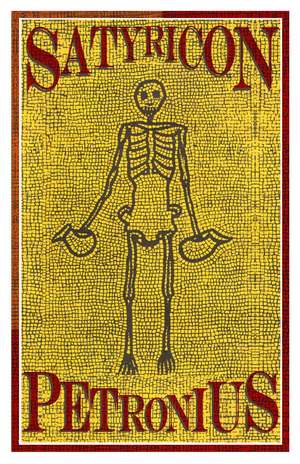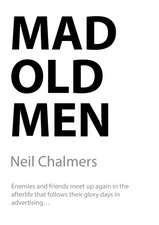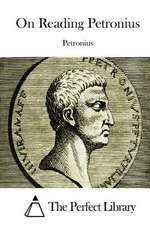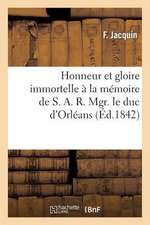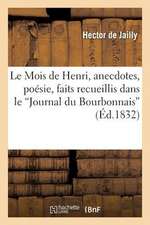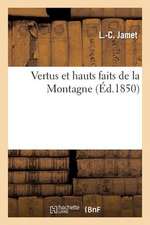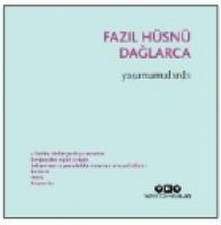Satyricon
Autor Petronius Traducere de Andrew Brownen Limba Engleză Paperback – 31 oct 2009
| Toate formatele și edițiile | Preț | Express |
|---|---|---|
| Paperback (3) | 57.40 lei 26-32 zile | +19.22 lei 10-14 zile |
| Penguin Books – 5 oct 2011 | 57.40 lei 26-32 zile | +19.22 lei 10-14 zile |
| Alma Books COMMIS – 31 oct 2009 | 60.84 lei 3-5 săpt. | |
| Hackett Publishing Company – 29 feb 2000 | 94.05 lei 3-5 săpt. | +17.92 lei 10-14 zile |
Preț: 60.84 lei
Nou
Puncte Express: 91
Preț estimativ în valută:
11.64€ • 12.19$ • 9.63£
11.64€ • 12.19$ • 9.63£
Carte disponibilă
Livrare economică 15-29 martie
Preluare comenzi: 021 569.72.76
Specificații
ISBN-13: 9781847496621
ISBN-10: 1847496628
Pagini: 224
Dimensiuni: 128 x 198 x 25 mm
Greutate: 0.18 kg
Editura: Alma Books COMMIS
Colecția Alma Classics
Locul publicării:London, United Kingdom
ISBN-10: 1847496628
Pagini: 224
Dimensiuni: 128 x 198 x 25 mm
Greutate: 0.18 kg
Editura: Alma Books COMMIS
Colecția Alma Classics
Locul publicării:London, United Kingdom
Notă biografică
Petronius Arbiter (d.66 ad) was Emperor Nero's advisor in matters of luxury and extravagance. He is said to have devoted his life to pleasure, but a rival's jealousy turned Nero against him, and he was forced to commit suicide.
Recenzii
A gloriously bawdy tale of love, lust and new money.
Descriere
Descriere de la o altă ediție sau format:
Most likely written by an advisor of Nero, this title recounts the adventures of Encolpius and his companions as they travel around Italy. Estimated to date from 63 - 65 AD, and only surviving in fragments, it offers a satirical portrait of the age of Nero, in all its excesses and chaos.
Most likely written by an advisor of Nero, this title recounts the adventures of Encolpius and his companions as they travel around Italy. Estimated to date from 63 - 65 AD, and only surviving in fragments, it offers a satirical portrait of the age of Nero, in all its excesses and chaos.
